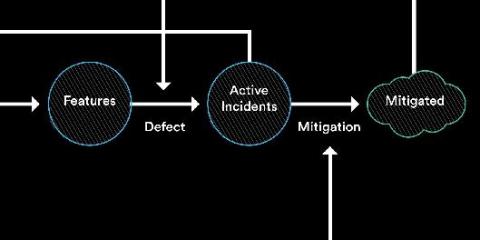6 Steps to a More Effective Postmortem
Detailed and specific description of impact? Check. In-depth root cause analysis? Check. Clearly defined and easy to follow resolution? Check. Postmortems present an incredible learning opportunity, despite the inherent cost of time and effort. They ensure an incident is documented, that all contributing factors are understood, and that effective preventative actions have been put in place to reduce the likelihood or impact of recurrence.







